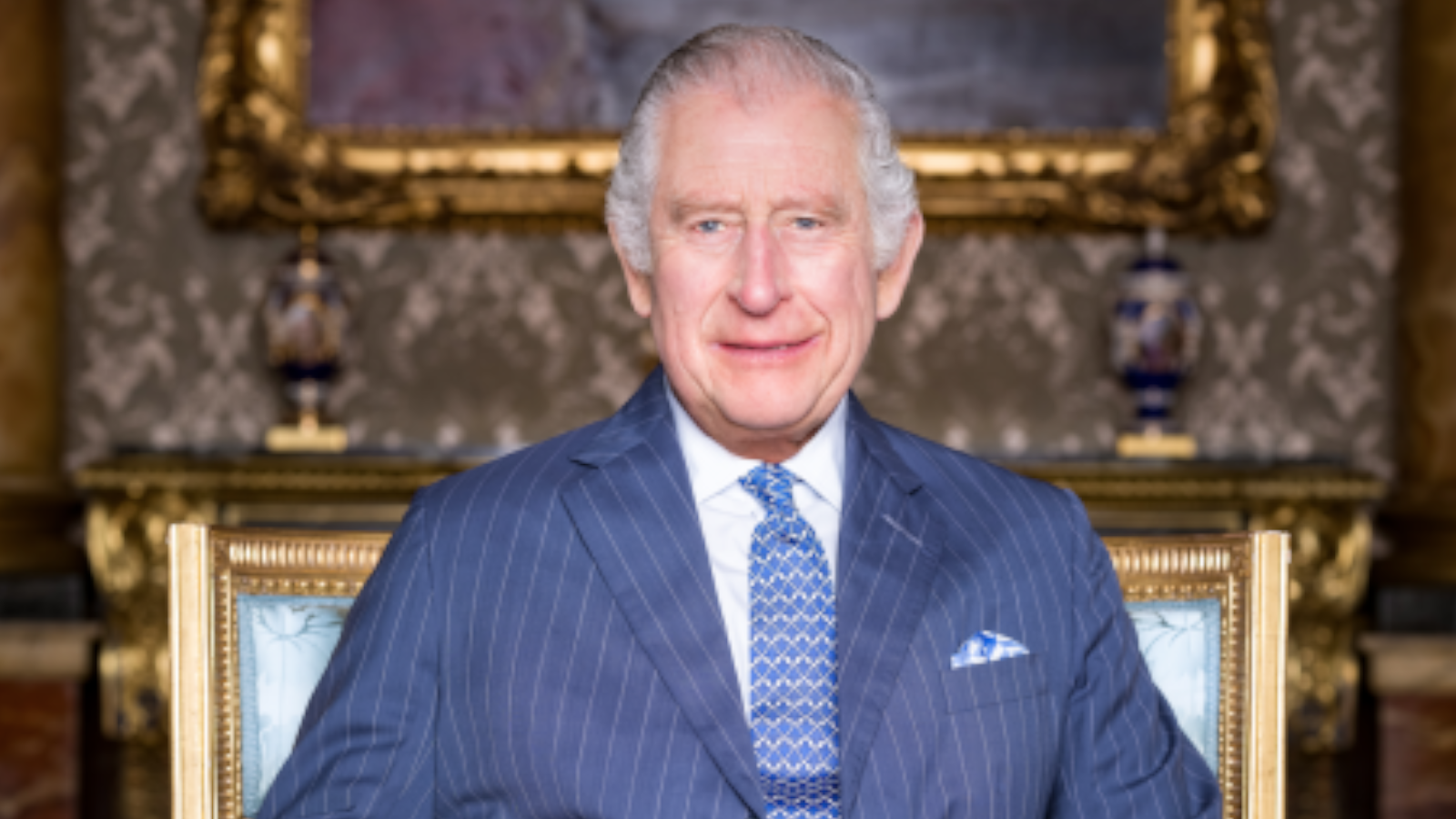In the whirlwind of global entertainment, Taylor Swift’s recent tour in Singapore has sparked an unexpected diplomatic spat, showcasing the power of cultural icons to influence international relations, albeit inadvertently.
Swift’s decision to perform exclusively in Singapore, as part of a reported agreement with the local authorities, has set off a wave of discontent among neighboring nations, particularly the Philippines.
Philippines politician Joey Salceda has vocally criticized the Singaporean government for what he perceives as an unfriendly act.
By securing Swift’s performances exclusively, Singapore has positioned itself as the only destination in Southeast Asia for the star’s legion of fans, the Swifties.
This exclusivity has not only elevated Singapore’s status as a cultural hub but has also incited feelings of betrayal among its neighbors.
Salceda’s call for his government to protest the grant allegedly given to Swift underscores the seriousness with which this issue is being taken.
Furthermore, Thailand’s Prime Minister, Srettha Thavisin, has added his voice to the fray, indicating a regional discontent with the situation.
This scenario exemplifies how cultural events can have unintended geopolitical implications, as governments vie for prestige and economic benefits associated with hosting global superstars.
Taylor Swift, meanwhile, remains focused on her music, seemingly unaffected by the political uproar surrounding her tour.
Her commitment to her fans and her craft underscores the often complex relationship between cultural phenomena and their broader societal impacts.
While Swift’s primary aim is to entertain and connect with her audience, the reactions to her Singapore concerts reveal the multifaceted role that artists play on the world stage.
This incident, while seemingly trivial in the grand scheme of global politics, serves as a reminder of the soft power wielded by cultural figures.
Taylor Swift, through her music and public persona, has inadvertently become a catalyst for discussions on diplomacy, national pride, and the competitive dynamics between nations.
It’s a modern-day tale of how art and entertainment transcend mere amusement, influencing international perceptions and relations in subtle yet significant ways.
For supporters of traditional values and national pride, the situation highlights the importance of cultural sovereignty and the competitive spirit among nations to host global icons.
It underscores the need for countries to balance their diplomatic relations with the pursuit of national interests, even in the realm of entertainment.
As nations navigate these complex waters, the saga of Taylor Swift’s tour in Singapore offers a glimpse into the unexpected ways in which cultural events can shape international dialogue and relationships.



